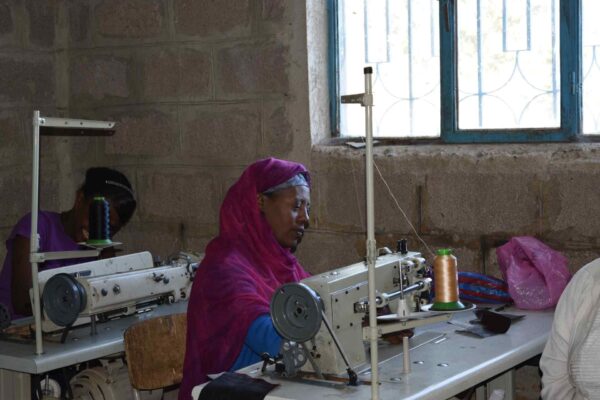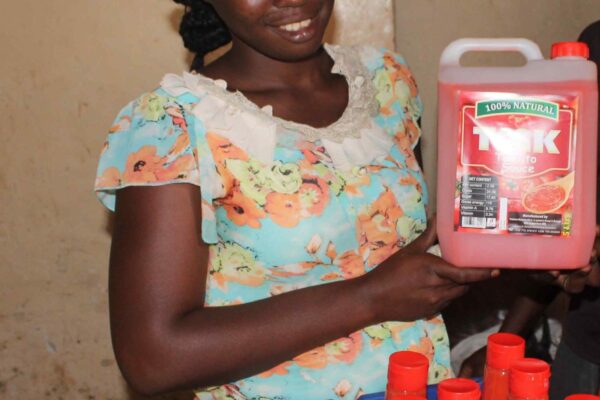Smallholder livestock farmers in Ethiopia have struggled to increase returns on their production because of the lack of infrastructure concerning the livestock industry. The farmers have no forums, government policies, agreed market price, or access to economic aid to help them understand the market and grow their businesses. Sparse communication between individual actors and government personnel has forced the industry to become very secular and inefficient, with all contributors in the value chain operating independently of one another.
IIRR is an active partner on the CLI-MARK (Climate, Livestock, and Markets) project and saw its work affect change from 2017 to 2020 during which the program reached over 75,000 pastoralists. One element of the project is IIRR’s steering committee which implements new procedures and tracks their success. The steering committee holds monthly meetings to update and discuss progress and participates in quarterly stakeholder forums to open dialogue surrounding the livestock industry. The forums have bolstered conversation as officials are finally able to meet constituents’ needs. Another component aims to teach business owners valuable skills in negotiation, market projection, and strategy building. This factor ultimately stimulates the livestock market in Ethiopia as members are able to make more informed business decisions. The knowledge also protects the enterprise from ill effects, both tangible and monetary, of worsening natural disasters. Personal accounts illustrate the program’s success as individuals have begun keeping records of their transactions, signing MOU agreements, and turning higher profits. The program continues to influence pastoralists’ business decisions and improve their quality of life through collaboration, communication, and education.





